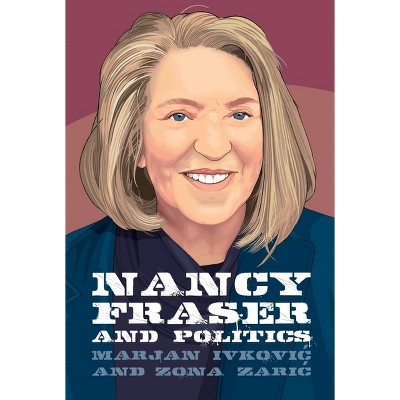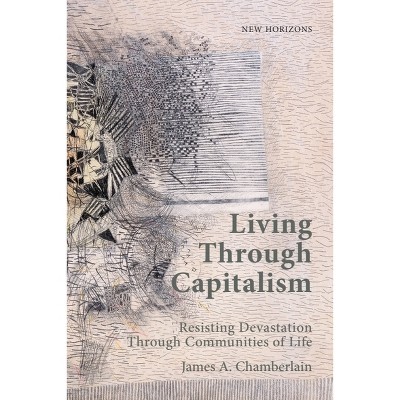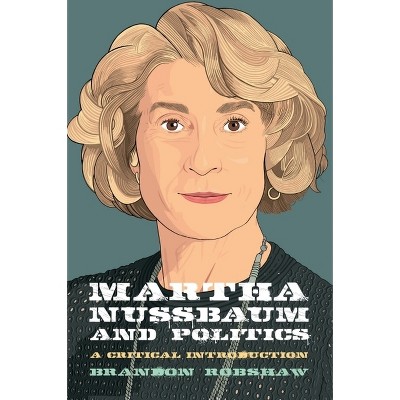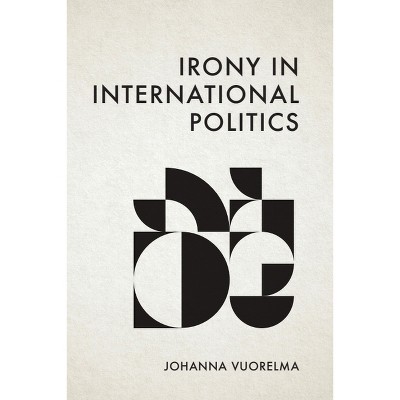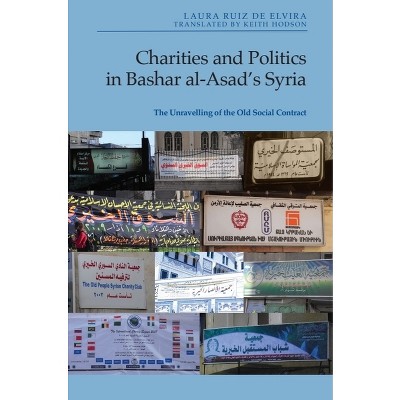About this item
Highlights
- Adrian Little demonstrates how different conceptions of past, present and future contribute to the nature of political conflict in the world today.
- About the Author: Adrian Little is Professor of Political Theory at the University of Melbourne.
- 232 Pages
- Political Science, History & Theory
- Series Name: New Horizons
Description
About the Book
Adrian Little demonstrates how different conceptions of past, present and future contribute to the nature of political conflict in the world today. He forms his argument around three major cases: Indigenous politics in settler colonies; the politics of bordering and migration; and debates over the future of democracy.Book Synopsis
Adrian Little demonstrates how different conceptions of past, present and future contribute to the nature of political conflict in the world today. Reacting against narratives of political disillusionment and apathy, he focuses on how a new understanding of political temporality can inform our approach to political problems. He forms his argument around three major cases in which the nature of past, present and future is contested: Indigenous politics in settler colonies; the politics of bordering and migration; and debates over the future of democracy.From the Back Cover
Develops a new theory of political temporality to demonstrate how to conduct political analysis in times of conflict and uncertainty Adrian Little demonstrates the ways in which different conceptions of past, present and future contribute to the nature of political conflict in the world today. Reacting against narratives of political disillusionment and apathy, he focuses on how a new understanding of political temporality can inform our approach to political problems. Little develops a theory of temporality focused on material politics. His argument is formed around three major cases in which the nature of past, present and future is contested: Indigenous politics in settler colonies, the politics of bordering and migration and the debates over the future of democracy. He shows how to rethink ways in which we can act on intractable issues in politics beyond philosophical analysis. In doing so he brings together a theory of temporality with a model of political action derived from process philosophy to reinvigorate temporal understandings of the problems that political actors face. Adrian Little is Professor of Political Theory at the University of MelbourneReview Quotes
A sophisticated and highly intelligent assessment of the subject, it is an original and important study that works very well on two complementary levels: first, as an incisive and reflective analysis of the current state - and blind spots - of political theory; and second, as a perceptive examination of temporality. I have no doubt that the book is a distinctive and innovative contribution to political theory, drawing on several developments of the past twenty years and carrying them further on, itself a contributor to the trends it investigates.
--Michael Freeden, University of Oxford (emeritus)What does it mean politically that time is experienced in different ways? Temporal Politics alerts us to the fact that disputes over time lie at the heart of settler-colonialism, border politics and democratic crisis. Little brings enormous clarity to notoriously complex philosophies of time and makes them speak powerfully to the practical question of what is to be done.
-- "Anne McNevin, The New School for Social Research"Little's Temporal Politics urges a reimagined understanding of temporality in the study of politics. [...] The successive content chapters offer a political account of temporality and temporal accounts of political events.--R. A. Harper "CHOICE"
About the Author
Adrian Little is Professor of Political Theory at the University of Melbourne. He is a Fellow of the Academy of Social Sciences in Australia in recognition of his research in areas including political theory, democratic politics, Indigenous-settler relations and the politics of Northern Ireland. Previous books include Enduring Conflict (Bloomsbury, 2014), Democratic Piety (Edinburgh University Press, 2008), Democracy and Northern Ireland (Palgrave, 2004) and The Politics of Community (Edinburgh University Press, 2002).

